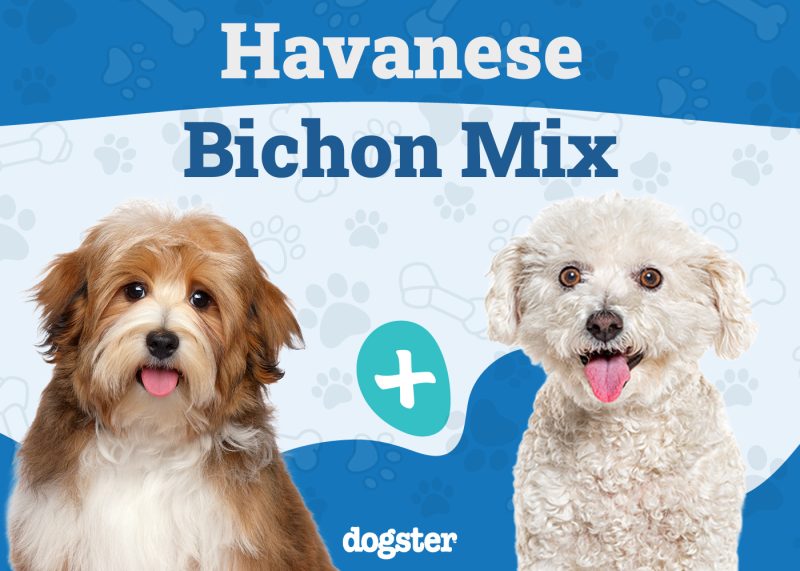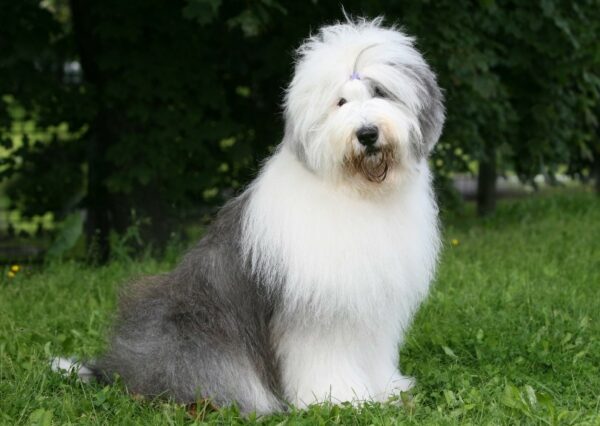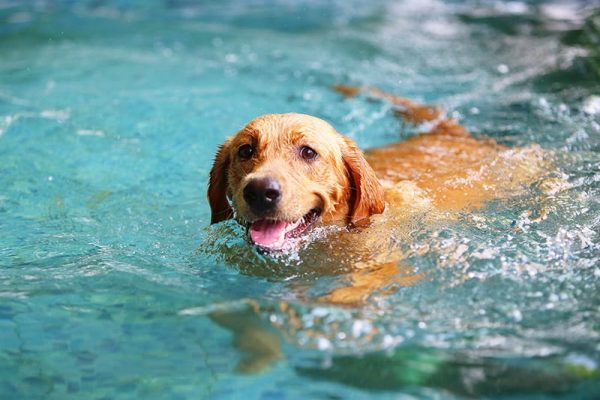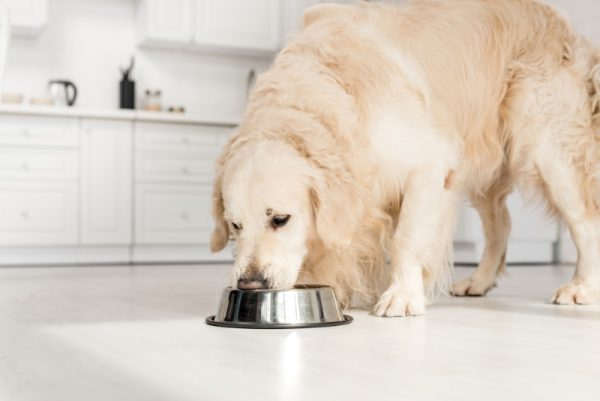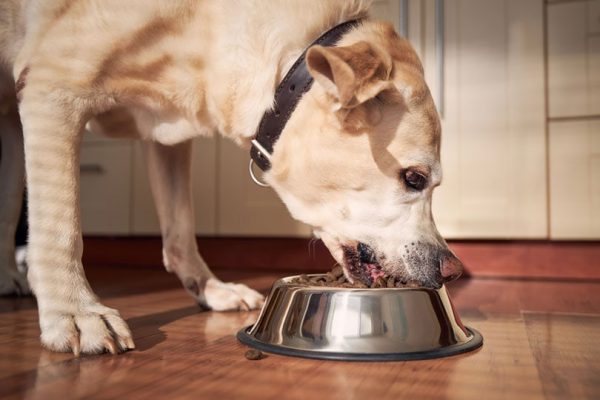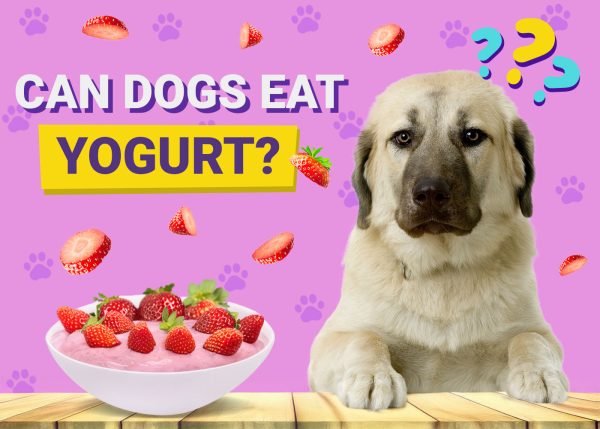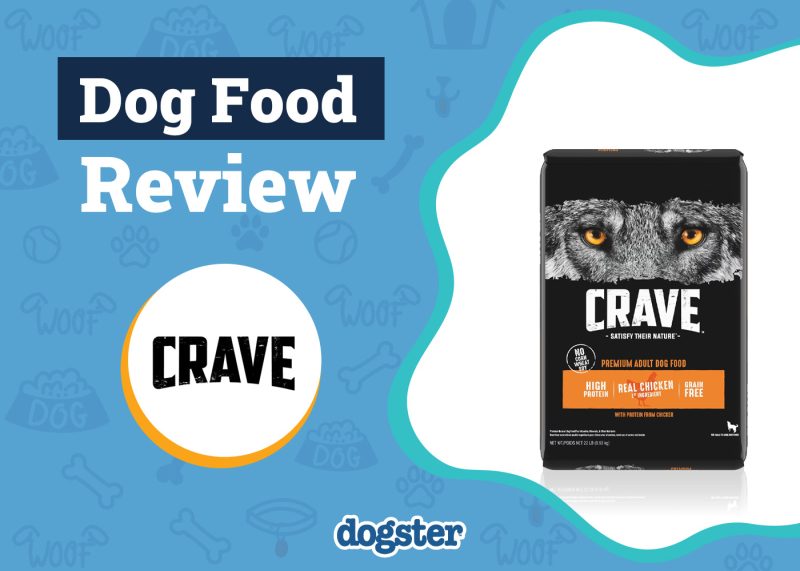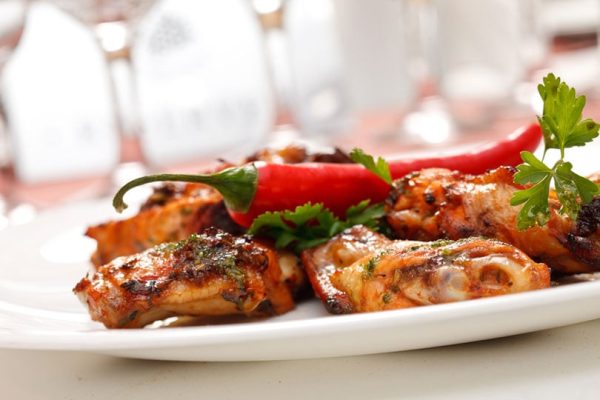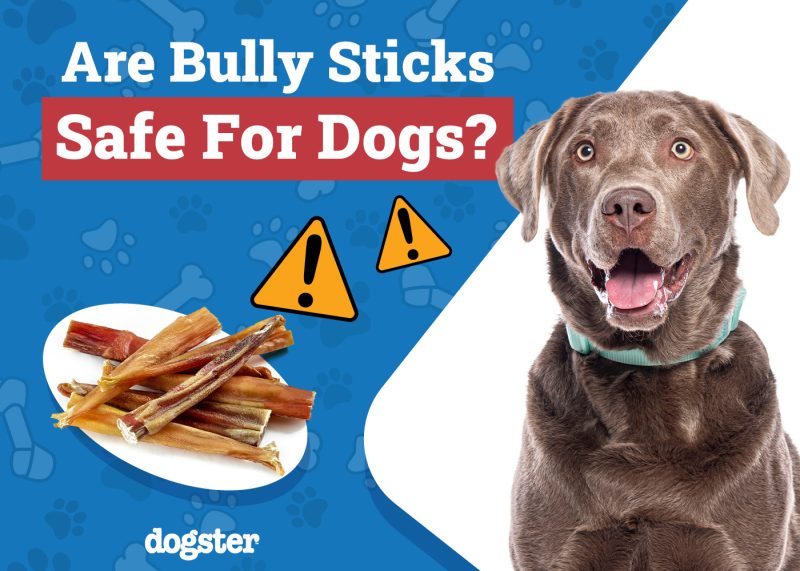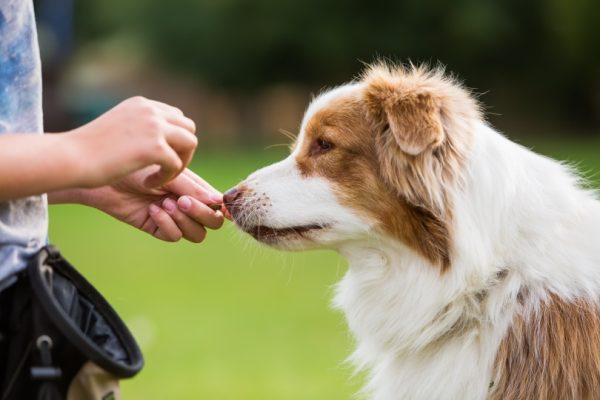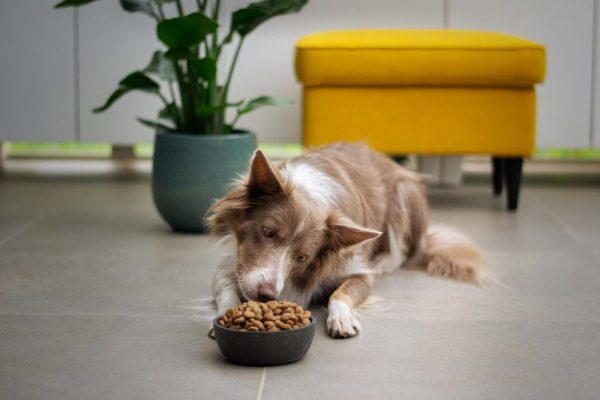In this article
Bringing a new puppy home is an exciting experience. Plenty of responsibilities are involved, like ensuring your new pup gets the proper nutrition for a long, happy, and healthy life. But what exactly should you be feeding your puppy? Is it okay to give adult dog food to your new furry family member? The short answer to these questions is that your puppy should stick to puppy food. In this article, we’ll discuss why.

Why Puppies Should Eat Puppy Food
Simply put, the commercial foods that cater to puppies are designed to meet the nutritional needs of dogs during their fastest and most intense growing phase. The nutritional needs of puppies differ from those of adult dogs because their bodies must be supported during their growth. Adult dog foods don’t have the same nutritional profiles as puppy foods. Therefore, it’s best to stick with puppy food until your pup is considered an adult.
The Difference Between Puppy and Adult Dog Food
The protein content is the most significant difference between puppy and adult dog food. Puppies use more energy throughout the day and night than adult dogs, and it’s not just because they are so rambunctious. Young dogs expel more energy than older dogs to maintain their body heat as their bodies stay busy trying to support strong bones, ligaments, and organs during the bulk of their growth.
All the energy being used up requires plenty of protein and a little bit more fat, so puppy food tends to have a higher percentage of it than adult food. Another difference between puppy and adult dog food is the kibble size. Puppy food is smaller, so it’s easier for small mouths and teeth to chew. Adult dog food also typically contains lower levels of calcium and phosphorus, which puppies need to support their bone growth and development. However, there is a caveat here, large breed puppies need a very controlled level of these minerals to support their development without exacerbating it as excessive levels are known to cause problems like hip dysplasia and osteoarthritis in growing puppies that are getting too much of these minerals.


What About Dog Food That Is Designed for All Life Stages?
Dog food that is labeled as suitable for all life stages means it’s higher in nutrients than adult food but not so much so that it would cause problems in adult dogs, like weight gain. The nutrients are also enough to support proper growth in puppies. It is important to note that while it is generally safe for puppies to eat food suitable for all life stages, it can be too calorie-dense and rich for senior dogs that don’t move around much anymore.
When to Transition a Puppy to Adult Food
A puppy should not start eating adult dog food until they have stopped growing, which can be between 12 months and 2 years of age, depending on the size and breed of the dog. The best way to determine when to transition your pup to adult dog food is to consult a veterinarian and follow their recommendations.
If you need to speak with a vet but can't get to one, head over to PangoVet. It's our online service where you can talk to a vet online and get the personalized advice you need for your pet — all at an affordable price!

When you start transitioning your puppy to adult dog food, do it slowly so that you do not upset their digestive system.
Start by replacing about a quarter of the puppy food with adult food during each meal. Once it is clear that your pup can tolerate that change, offer half puppy and half adult food at each meal. If that goes well, it should be safe to switch to adult dog food completely. This process should occur anytime you switch from one type of dog food to another, even if it’s just another brand.
Make sure you’re feeding your dog the correct type of food for their lifestyle. To figure out approximately how much to feed your dog you can check out our handy dog food calculator here:
The exact amount of calories an individual animal needs to maintain a healthy weight is variable and influenced by many factors including genetics, age, breed, and activity level. This tool is meant to be used only as a guideline for healthy individuals and does not substitute veterinary advice

A Final Recap
Your puppy should be eating puppy food until they stop growing, which can be anywhere from 1 to 2 years old. A veterinarian should be able to tell you when it’s time to start the transition. Food meant for all stages of life should be suitable, but remember that it isn’t formulated solely with puppies in mind.
Related Reads:
- 22 Essential Beagle Supplies to Get You Started
- Dog Foods for Brain Health: Throughout All Life Stages
Featured Image Credit: litthouse, Pixabay




